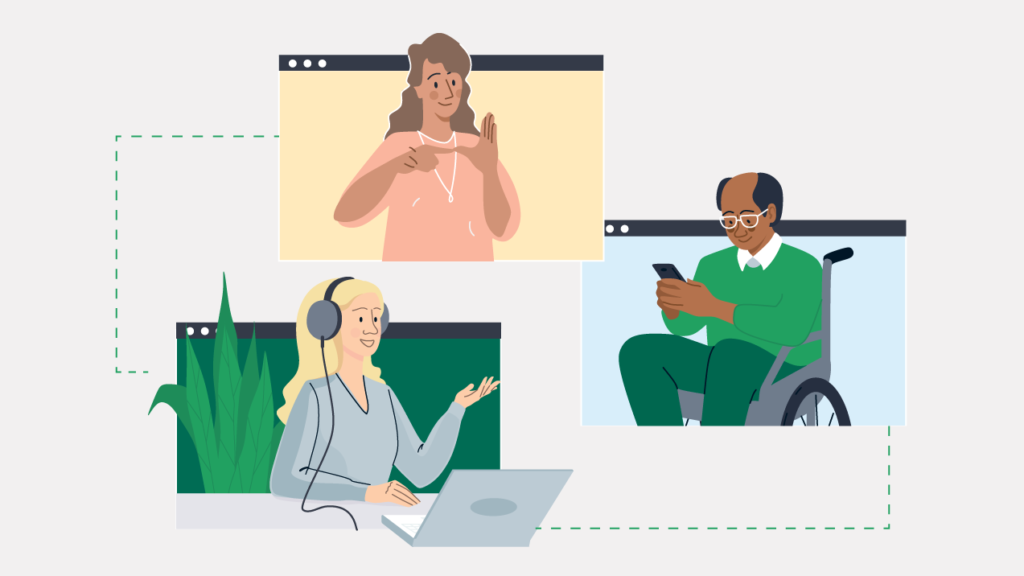CrossCultural Intellect is a training and service development consultancy that specialises in assisting healthcare providers, like general practices, with delivering culturally safe services to people from refugee and migrant communities.
The consultancy was founded by Dr Bernadette Wright and Ms Andrea Creado in 2010 after they identified a gap in the training and expertise among service providers who were working with ethnically diverse patients. Specifically, that gap is the delivery of training by people with solid experience in community and clinical engagement.
I sat down with Dr Bernadette Wright – who has specialised in transcultural mental health for 20 years – to find out more about the aims of CrossCultural Intellect and how she believes general practices can better engage migrants and refugees.
What are the biggest challenges for general practices when providing care to patients from other cultures?
“For the general practitioner, I would say that the biggest challenge is time, because even though clinics have access to interpreting services over the phone, it will always take a longer consultation time when working transculturally.
“Another challenge is recognising cultural idioms of distress. This means the concepts and expressions that pertain to mental illness in one culture may not translate as intended across the cultural divide, especially if a GP has never encountered someone from a particular background before.
One study cited that 74% of patients from a specific cultural background were found to have been misdiagnosed with Schizophrenia before they were reassessed correctly by a psychiatrist from the same language and cultural background
“This is where time comes in again. We need time to drill down to determine what cultural factors may play a role in the presentation. Without that cultural awareness, Joseph Westermeyer, a transcultural psychiatrist argued that there is a tendency to misdiagnose, overdiagnose, underdiagnose, or even miss the diagnosis altogether.
Is misdiagnosis a common mistake when providing care to people from other cultures?
“Yes, it can be where the GP may not see the broader situation for the patient. This can be factors due to the stress of acculturation playing in tandem with language barriers, social isolation and cultural bereavement.
“Imagine having to go and settle somewhere else without choice. Say, Baghdad or somewhere else where the culture and language are unfamiliar. The distress these barriers generate can manifest in anxiety and/or depressive symptoms. Our ability to overcome these challenges will influence our outlook and self-esteem.
“Practitioners may inadvertently fill in the gaps with assumptions and formulate the worst because patients who are undergoing these challenges may not understand the acculturation process they are experiencing and may not disclose their difficulties openly to the practitioner. So we tend to sometimes overdiagnose which can potentially increase the stigma for not only the person but also the family – here and those remaining in the country of origin.

What is the best way for general practitioners to approach refugees to ensure they are treated the right way?
“Whether refugees or migrants, I think it’s our duty to sensitively ask the right questions to elicit a shared understanding of what the patient believes has happened to them and why they may be seeking assistance at that time. This is very important particularly because the GP is generally the first port of call.
A cultural formulation of the problem can be acquired through asking questions in the course of a flowing conversation, rather than a Q&A interview that may not promote the same level of trust and rapport.
“Both of these qualities are fundamental to the person’s willingness to disclose their beliefs about their problem. Unfortunately, a GP doesn’t always have the time to embed themselves in this necessary level of rapport.
What other considerations should GPs make when working with patients from other cultures?
“Promoting the opportunity for the patient to question or voice their concerns is a big one. For example, some patients may come from cultures where the doctor is not to be questioned because of their high status.
“Sometimes my patients inform me that their medication is ‘no good’, or it’s keeping them awake, or making them drowsy during the day. When I urge them to discuss these effects with their GP they respond, ‘Oh, no. I don’t say that to my doctor’. Because they feel uncomfortable pointing out that something is not going right with what their doctor has recommended.
“So I think it’s important that they understand it would be in their best interest to be honest with their GP and that they have a right to safely and candidly discuss the treatment. Doing this helps the GP too.
What are some practical ways that general practitioners can promote better clinical engagement with people from other cultures?
“If a practice is in an area where there is a high proportion of specific ethnic community groups then having signage, brochures or even health infomercials playing on the waiting room TV in these languages can help break down the barriers.
The general practice environment can be a very unfamiliar place for someone whose country of origin may only have the general hospital as the go to place for health care
“There is also a resource called Teach Back. It’s a method of teaching to ensure that a patient has the best chance of understanding you.
“It’s also about getting the patient to repeat back to you what you have said. If I give my patients some tasks to perform in between sessions, I would say, ‘Okay, I’ve asked you to do something between now and the next session. Can you just repeat back to me what you are going to do?’
“Really, it’s just about saying, ‘Okay, you’ve got it right. Mm hmm. But, you didn’t mention that it has to be morning that you’ve got to do this’, or ‘It has to be at the same place, same time’.
“It means if there is any discrepancy in their reciting back of the information then you know to alert them that there’s a gap in their understanding. That way you can feel comfortable knowing when they walk out of the consultation room that they have a reliable understanding of the task”.
Are there other helpful resources you suggest for general practices?
“There is the Cultural Awareness Tool (CAT), which was adapted from Arthur Kleinman (1978) and the subsequent work of Allotey (1998). The CAT comprises a series of questions practitioners can ask to elicit a better cultural understanding of the patient’s presentation. Some of these questions might be useful for a GP to include in their interview with a patient.
Cultural Awareness Tool Questions
- What do you think caused the problem?
- Why do you think it started when it did?
- What do you think the illness does to you?
- What are the chief problems it has caused you?
- How severe is your illness?
- What do you most fear about it?
- What kind of treatment/help do you think you should receive?
- Within your own culture how would your illness be treated?
- How are your family and community helping you?
- What have you been doing so far?
- What are the most important results you hope to get from treatment?
- When would you like to come back?


